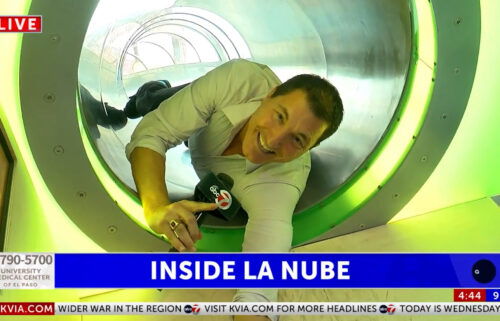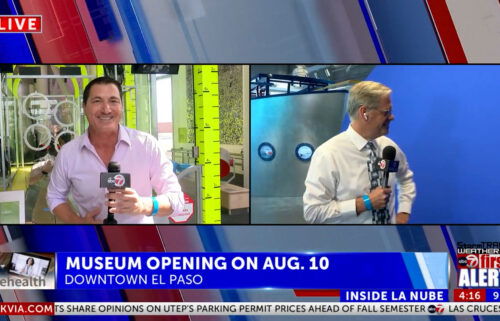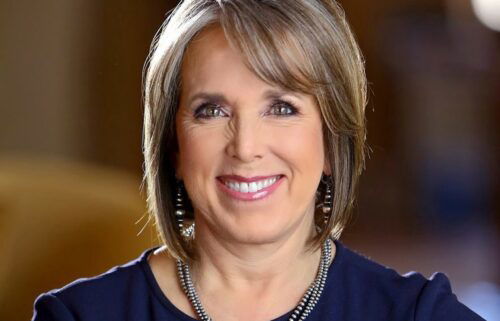BU professor hopes to study inexpensive drug to treat COVID-19
Click here for updates on this story
BOSTON, MA (WBZ) — A Pennsylvania doctor believes an inexpensive drug that prevents transplant patients from rejecting their new organs helped her beat coronavirus. A Boston University professor is hoping to help her prove it.
Dr. Negin Griffith knew she had turned the corner on COVID-19 when she opened a jar of pickles.
“I had a pickle on my plate and I could smell the pickle which was incredible,” said Griffith.
The plastic surgeon tested positive for COVID in December. Eight days after she lost her sense of taste and smell, her chest started to hurt. “Ultimately I felt so horrible, I just popped the pill,” Griffith said.
The pill she is talking about is cyclosporine, prescribed by her brother, Dr. Hooman Norchasahm, a thoracic surgeon who started advocating for the study of the drug at the beginning of the pandemic.
“The kill mechanism for this virus seems to be an out-of-control immune response,” he explained.
It’s a phenomenon called cytokine storm. Noorchashm saw it often in heart transplant patients. It happens when the immune system attacks foreign invaders like transplanted organs. It can also happen when the body’s immune system kicks into overdrive while fighting the coronavirus. The result is inflammation that damages the lungs and makes it difficult to breathe.
“If you look at people in the intensive care unit, of those who die, a lot of them it’s because of an overactive immune system,” explained Dr. Carl June, who is running a study of cyclosporine at the University of Pennsylvania. He’s hoping to show the drug can slow down that storm and keep patients out of the ICU.
Dr. Griffith believes it worked for her. “This is a very important story to tell,” she said.
Dr. Michael Paasche-Orlow is a professor of medicine at Boston University. He has asked the FDA for permission to conduct an out-patient trial here in Boston. He believes while we wait for widespread distribution of the vaccines, we still need to develop inexpensive therapeutics that are readily available.
“This is a generic product. It costs like $10 or $12 dollars depending on body weight,” he said.
Because the drug is essentially an immune suppressor, it would not be used to prevent symptoms in those newly infected with coronavirus because you don’t want to stop the immune response. It would be reserved for patients who develop a serious illness due to an overactive immune response.
Please note: This content carries a strict local market embargo. If you share the same market as the contributor of this article, you may not use it on any platform.




